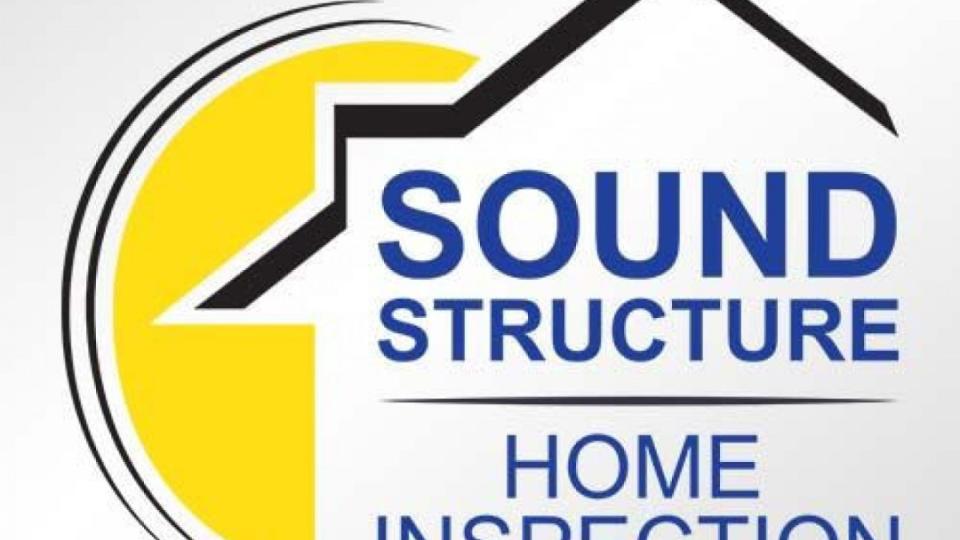Is this the year you plan to buy a home? Congratulations on this significant step. For millions of Americans, their home is the single largest investment they will ever make. Of course, you want to buy a house that you love. But before you fall in love with that perfect ranch, condo, bungalow, or another home of your choosing, there are a few things to look out for. Perhaps the most important thing you can do before selecting a home is to get it inspected. No matter how great a home looks to you, if you forgo an inspection, you could be setting yourself up for some nasty surprises.
What to Expect from a Home Inspection
A home inspection is a necessary part of buying any home. Even if you are purchasing a completely new, just-built home, it is worth getting it inspected. An inspection by a qualified home inspector can give you information about any potential problems with the home. Not every problem is a deal-breaker, so don't forgo the inspection just because you love the home. Often, a home inspection uncovers issues that can be fixed. The extent of the necessary repairs can affect the asking price for the home. In other situations, the purchase can be contingent on having certain issues fixed by the seller. Even if you choose not to make the repairs right now, knowing the condition of your home when you buy it will help you make maintenance and repair choices in the future.
Any home inspector who has been in the business for a while certainly has stories of some unusual findings. But, for the most part, there are some very common issues that make up the majority of what home inspectors find.
Roofing Issues
Any roof has a limited lifespan. A typical shingle roof—the most common type of roof on residences—has a lifespan that ranges for 15 to 40 years. How long the roof lasts depends a lot on the local climate. Roofs that have to stand up to extreme heat and cold or severe storms don't last as long as roofs in more moderate climates.
Other factors may be much more local, such as overhanging trees. A roof that is subject to branches, leaves, and pests from nearby trees will age more quickly than a roof without nearby trees. But even without severe weather or nearby trees, almost any roof over a few years old will show some signs of wear.
The most common findings on a roof require only minor repairs—a few loose shingles, scrapes from tree limbs or debris, or peeled-back flashing. But occasionally inspectors find more significant damage that may require major repairs or even a new roof. That's something you want to know about before you purchase a home.
Electrical Issues
Most newer homes have all the electrical wiring necessary for modern living. But older homes may not have been built to handle the number of appliances in the contemporary home. With multiple TVs, computers, smart speakers, and other devices, some older homes are struggling to keep up. In some cases, that may require updated wiring. Established homes are also more likely to have had some work done on the electrical system. If the work was not done correctly, there could be remedial issues to address. Older homes may also have wiring that is stripped or coming loose. All of these things affect the safety of the home and should be dealt with before you move in.
Plumbing
Like electrical, most newer homes have adequate plumbing in decent condition. But the older a home is, the more likely there are hidden plumbing problems. Leaking faucets, slow drains, and other plumbing inconveniences may hide much bigger problems. Water heaters also have a limited lifetime, and if the water heater in your dream home is on its last legs, you need to know that before you purchase.
Attics and Crawl Spaces
If attics and crawl spaces are insufficiently insulated or ventilated, you could have problems with energy efficiency and moisture retention. Too much insulation and not enough ventilation can cause overheating, which makes it harder to cool your home in the summer. An over-insulated, under-ventilated attic may also collect moisture, which can lead to mold. If there isn't enough insulation, your HVAC system may be working overtime to make up for air that is seeping into or out of your attic. Crawl spaces below the home should be watertight. If your crawlspace is leaking, that needs to be addressed before you move in.
Drainage Issues
If you haven't observed your dream home after a few days of heavy rain, you may have no idea how well it's grading and drainage work. It's hard to tell on a dry, sunny day whether a home has adequate drainage and grading to avoid flooding. However, a competent home inspector can determine whether the drainage around a home can handle wet weather. Water that collects too close to your home can damage your foundation, so it is important to get an expert opinion. The cost of remediation varies greatly depending on the type of work that is needed. It is best to go into any home purchase fully aware of drainage issues.
Finding the Right Home Inspector
Since a home inspection is such a critical part of the home-buying process, it is crucial to get a reliable expert home inspector. TrustDALE recommends Sound Structure Home Inspection. Sound Structure Home Inspection is a TrustDALE certified home inspection company that had twenty years of construction, maintenance management, and HVAC before opening in Florida in 2000. That kind of experience gives them the skills and insight to view a home form a builder's perspective. After 5000 inspections, they are now located in Georgia. If you need a home inspection, call Sound Structure Home Inspection.


